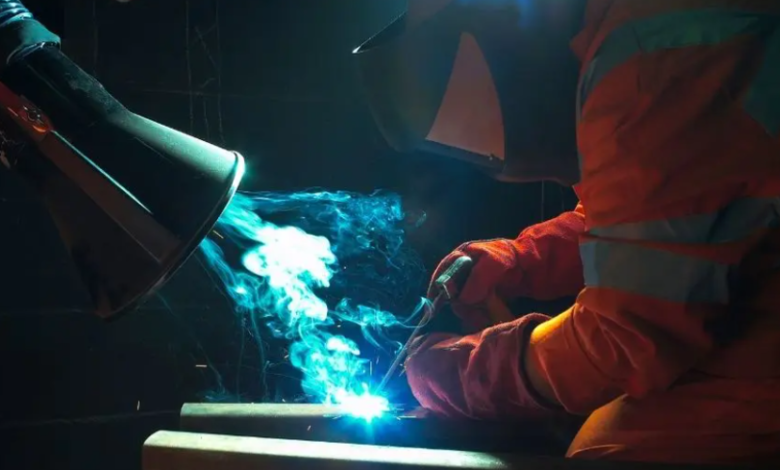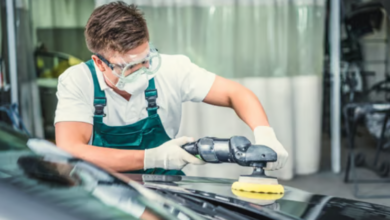Why Is a Welding Fume Extractor Essential for Your Workshop?

Workshops that involve metal fabrication or repair work generate more than sparks; they produce fumes that can seriously compromise health and safety. Exposure to these airborne contaminants may lead to respiratory irritation, chronic illness, and decreased productivity if not properly controlled. For this reason, installing reliable welding fume extraction units is no longer optional but a necessity. These systems safeguard workers, extend equipment life, and ensure compliance with safety standards, making them a vital investment for any workshop.
The Hazards of Welding Fumes
Welding fumes consist of tiny particles and gases that can be inhaled deep into the lungs. The composition depends on the type of metal and process used, but common elements include manganese, nickel, and chromium, all of which carry significant health risks. Prolonged exposure has been linked to serious respiratory issues and neurological concerns.
Understanding what makes welding fumes so hazardous highlights the urgency of controlling these contaminants. Without proper extraction, fumes spread quickly in confined workshop areas, putting both welders and bystanders at risk. Protecting air quality is therefore critical to maintaining a safe and compliant workplace.
How Extraction Units Improve Workshop Safety
Fume extraction units work by capturing harmful particles at the source, preventing them from dispersing into the air. This immediate removal not only protects workers from direct exposure but also improves overall indoor air quality. Cleaner air reduces fatigue and respiratory strain, which translates into healthier, more productive employees.
Knowing how to select the best portable welding fume extractor for your needs emphasize the importance of matching equipment to the scale of operations. Portable models may suit smaller workshops, while larger facilities benefit from fixed or centralized systems. The right choice ensures efficient extraction without disrupting workflow.
See also: How Nurse Triage Answering Services Improve Patient Care and Reduce ER Visits
Enhancing Compliance and Productivity
Regulatory bodies require employers to minimize worker exposure to hazardous substances, and welding fumes fall under these strict standards. By installing fume extraction units, workshops demonstrate compliance and reduce liability. Regular maintenance of these systems further ensures continued effectiveness and adherence to workplace safety regulations.
Beyond compliance, there are operational benefits. Clean air environments reduce equipment contamination, extend tool life, and create a more comfortable space for workers. This combination of health protection and productivity gains underscores why extraction systems are a smart investment.
Long-Term Benefits for Workshops
Implementing fume extraction contributes to a culture of safety and professionalism. Employees are more likely to remain engaged and committed when they know their well-being is prioritized. In addition, businesses that adopt proactive safety measures often gain a stronger reputation with clients and partners.
Workshops that rely on welding as a core function should view extraction units as essential infrastructure. The investment pays off not only in reduced health risks but also in smoother operations and long-term workforce stability.
Conclusion
Welding produces hazardous fumes that can harm health, disrupt productivity, and compromise compliance if left unmanaged. Installing the right fume extraction units provides effective protection, ensuring cleaner air, safer working conditions, and long-term operational benefits. For any workshop, these systems are not just equipment; they are essential safeguards for both workers and business success.





